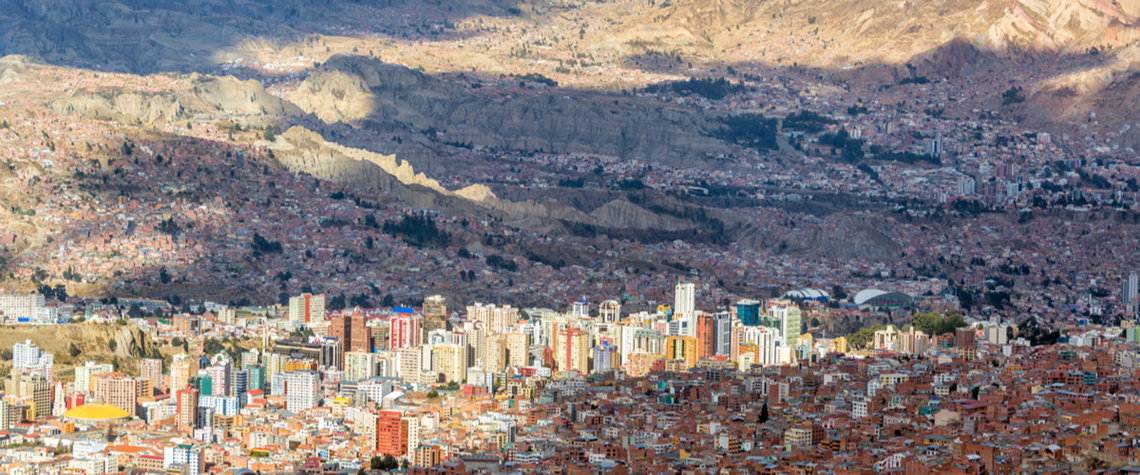Letter from South America: Bolivia's shrinking gas role
Declining production and cheaper LNG threaten the country’s role as gas supplier to its neighbours
Bolivia is a land of contrasts. The country encompasses dense Amazon rainforest, fertile plains, soaring Andes mountains and the second-highest altiplano in the world behind the Tibetan plateau. And yet the country is landlocked, with no access to the Pacific Ocean since the end of the Saltpeter War in 1884. It has struggled with a long history of pendulum swings between military dictatorships and socialist elected governments. The administrative capital of La Paz looks and feels very much like a city built in a crater on Mars, both in terms of aesthetics and lack of oxygen. Doing business in the country, especially in the energy sector, can sometimes feel like doing business on Mars as well

Also in this section
17 February 2026
The 25th WPC Energy Congress, taking place in Riyadh, Saudi Arabia from 26–30 April 2026, will bring together leaders from the political, industrial, financial and technology sectors under the unifying theme “Pathways to an Energy Future for All”
17 February 2026
Siemens Energy has been active in the Kingdom for nearly a century, evolving over that time from a project-based foreign supplier to a locally operating multi-national company with its own domestic supply chain and workforce
17 February 2026
Eni’s chief operating officer for global natural resources, Guido Brusco, takes stock of the company’s key achievements over the past year, and what differentiates its strategy from those of its peers in the LNG sector and beyond
16 February 2026
As the third wave of global LNG arrives, Wood Mackenzie’s director for Europe gas and LNG, Tom Marzec-Manser, discusses with Petroleum Economist the outlook for Europe’s gas market in 2026








